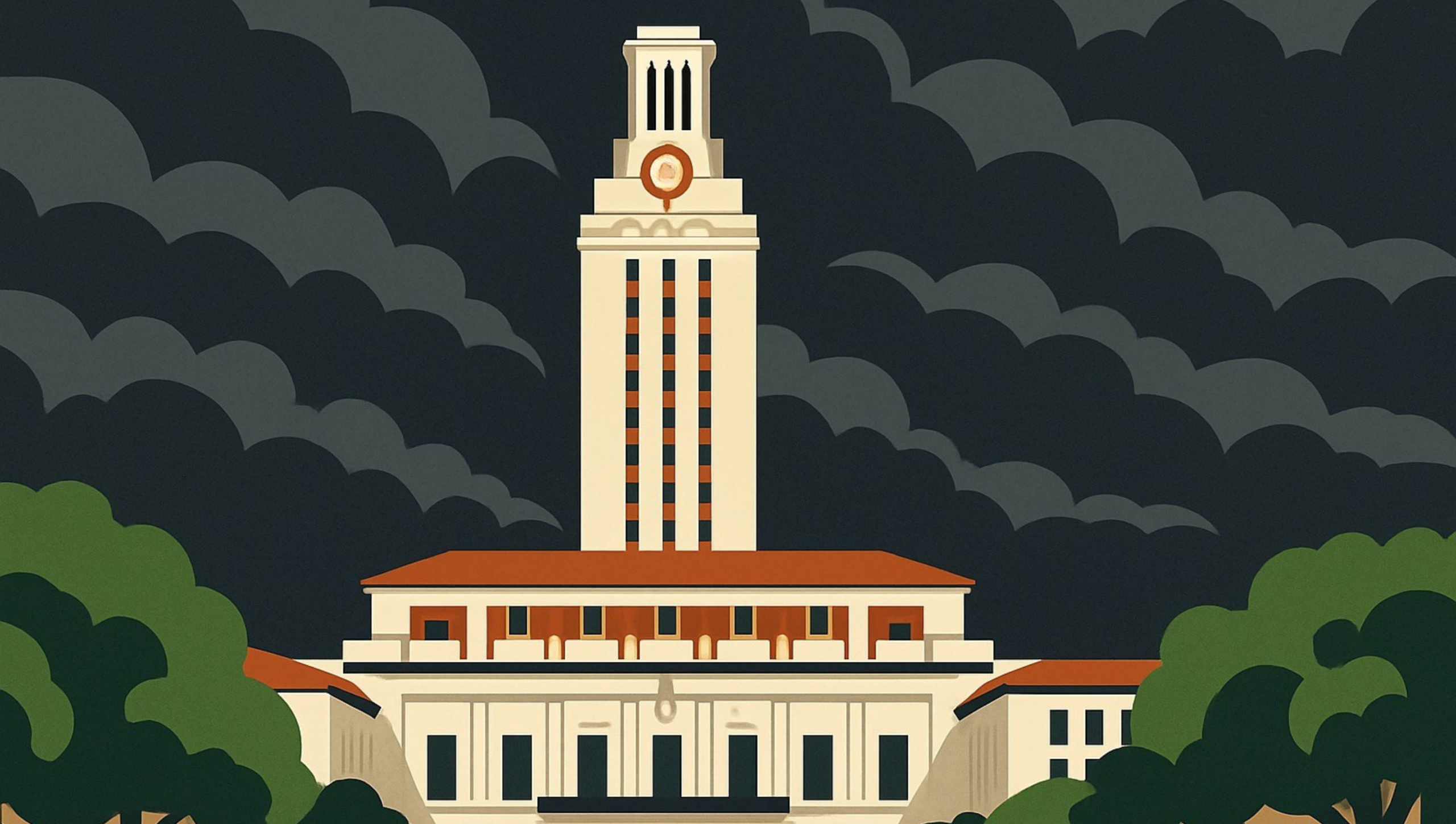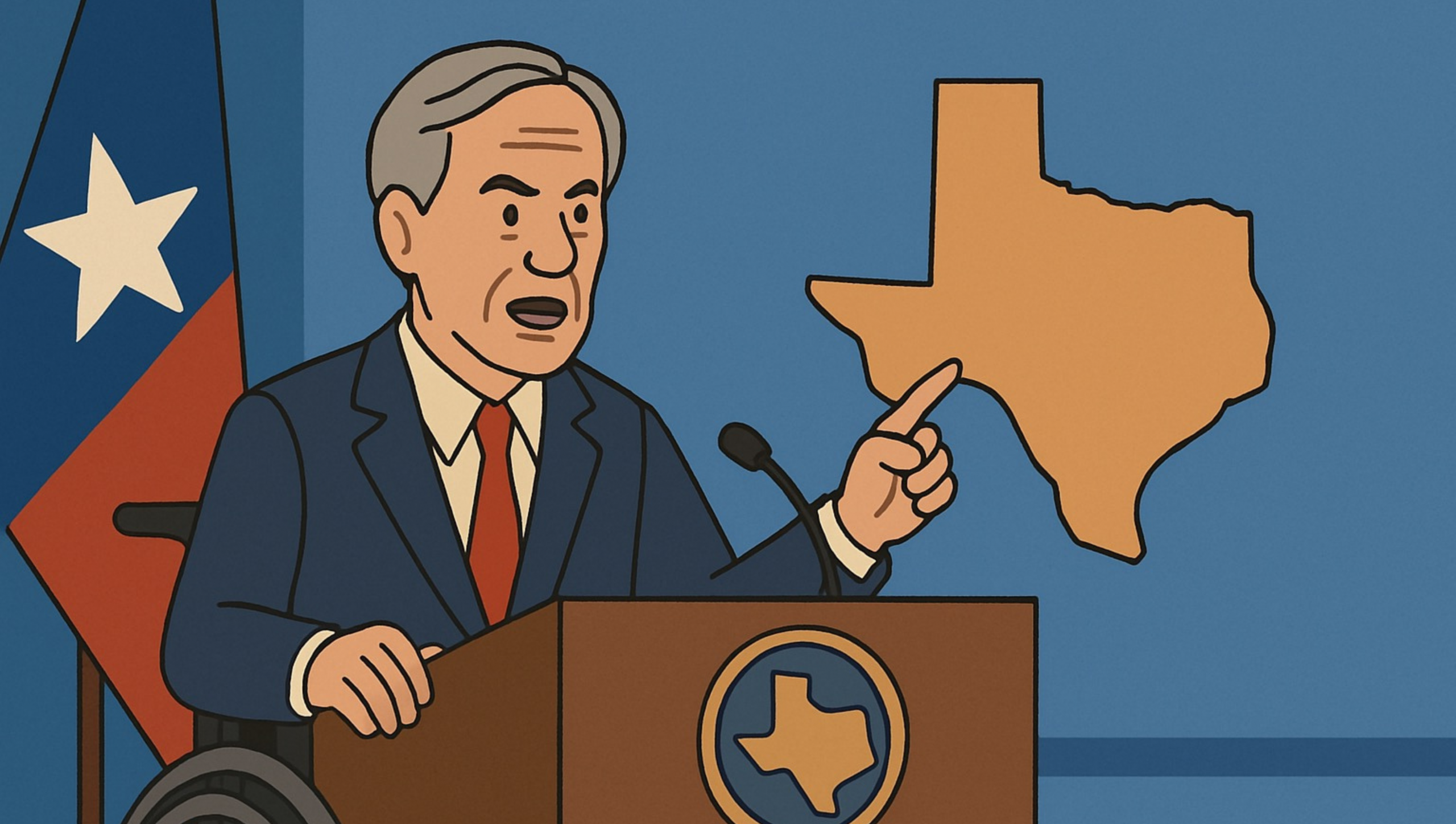Many taxpayers have reached out to us regarding cities and other local political subdivisions raising taxes beyond their voter approval thresholds without triggering an election. Many have wondered how this is possible after the supposed “historic property tax reform” of 2019 that lawmakers promised would rein in local governments. Not only that, but just a few months ago, Senate Finance Committee members assured us that cities would do the right thing and lower the no-new-revenue rate. Well, guess what? That didn’t happen. This comes as no surprise to us, as we have been saying for months that they would not lower people’s taxes, but likely raise them.
Last week, former Texans for Fiscal Responsibility taxpayer champion and current Texas GOP Chairman Matt Rinaldi tweeted this:
I thought property tax growth was supposed to be limited to 3.5%. Here in Dallas, total tax bill is 7.4% above the no new revenue rate. School taxes up 5%. City taxes up 12%. County taxes up 10%. Anyone else seeing this in their area?
— Matt Rinaldi (@MattRinaldiTX) October 8, 2022
TFR answered him, and he asked this follow-up question:
How are they getting around the 3.5% limit? Nowhere here is even close.
— Matt Rinaldi (@MattRinaldiTX) October 8, 2022
To better explain, there is a “loophole” in the 2019 legislation that allows cities to do this. This is the bill that lawmakers still champion as the greatest property tax relief in decades, despite no one’s property tax bills actually going down. Although there were certainly some positive reforms made (namely the rollback of voter approval rates to 3.5% and 2.5%), the bill did little to bring down property taxes, and it left many loopholes that have been taken advantage of by local governments across the state.
Specifically, in this case, we are referring to the “Unused Increment Rate” (located on page 33 of the bill). It states:
Sec.A26.013. UNUSED INCREMENT RATE.
(a) In this section:
(1) “Actual tax rate” means a taxing unit ’s actual tax rate used to levy taxes in the applicable preceding tax year.
(2) “Voter-approval tax rate” means a taxing unit ’s voter-approval tax rate in the applicable preceding tax year less the unused increment rate for that preceding tax year.
(3) “Year 1” means the third tax year preceding the current tax year.(4) “Year 2” means the second tax year preceding the current tax year.
(5) “Year 3” means the tax year preceding the current tax year.(b) In this chapter, “unused increment rate” means the greater of:
(1) zero; or
(2) the rate expressed in dollars per $100 of taxable value calculated according to the following formula:UNUSED INCREMENT RATE = (YEAR 1 VOTER-APPROVAL TAX RATE – YEAR 1 ACTUAL TAX RATE) + (YEAR 2 VOTER-APPROVAL TAX RATE – YEAR 2 ACTUAL TAX RATE) + (YEAR 3 VOTER-APPROVAL TAX RATE – YEAR 3 ACTUAL TAX RATE)
(c) Notwithstanding Subsection
(b)(2), for each tax year before the 2020 tax year, the difference between the taxing unit ’s voter-approval tax rate and actual tax rate is considered to be zero. This subsection expires December 31, 2022.
To simplify what is being said in the bill, this allows cities to “roll over” unused rate increases where they did not raise above the voter approval rate. They may combine up to the last three years and stack those differences on top of their current rate and avoid triggering a voter approval election. I will give an example below.
For simplicity’s sake, let’s say the current voter approval rate is 3.5% and was 3.5% for the last three years.
2019- City only raised taxes 2.5%
2020- City only raised taxes 2.5%
2021- City only raised taxes 2.5%
2022- This year, the city is able to take the 3% unused percentages and stack it on top of their current rate without triggering a voter approval election.
The provision does expire in December of this year, which is likely why you are seeing so many local governments taking advantage of it this year. Sadly, this is just another example of “inside baseball” where state legislators and local governments come up with difficult-to-understand tax policies that ultimately hurt taxpayers. What makes it even worse, in this case, is that lawmakers in Austin have been deceiving taxpayers and assuring them their bills will go down, yet they have not. Moreover, they are never going to go down unless lawmakers do something drastic in the coming legislative session. Unless taxpayers demand real reform, we will simply get more of this deceptive status quo from our lawmakers.
So, what else can you do to get involved?
The next legislative session is set to begin in January 2023. Your elected officials need to hear from you.
Go read the Texas Prosperity Plan for yourself and voice your support for REAL property tax relief by signing up to support the TPP. You can also sign up for The Fiscal Note to stay updated on all fiscal issues that affect Texans, especially our broken property tax system. We CAN get real tax relief if we amplify our voices loudly enough.




